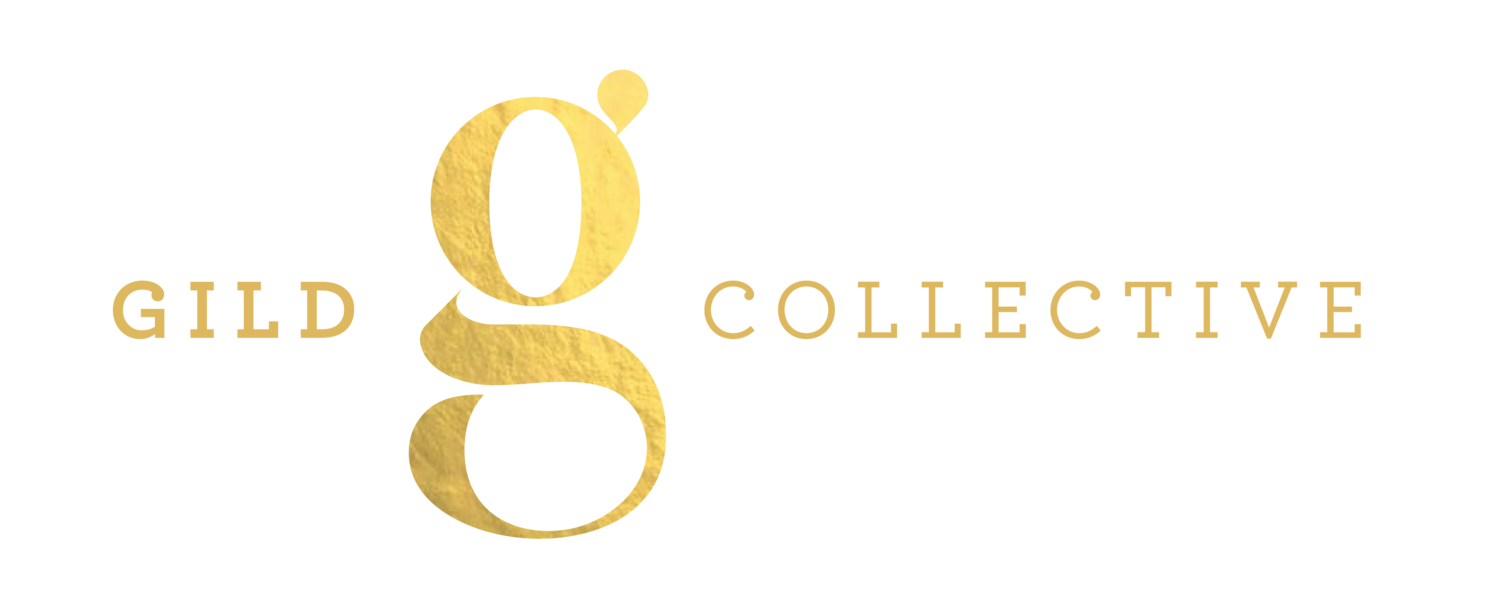Image from pexels.com
As one of the nation’s most iconic brands, Starbucks is no stranger to making headlines. In fact, in 2015 Fortune included Starbucks on their list of businesses making "a sizable impact on major global social or environmental problems as part of their competitive strategy." When Starbucks began their run to success in the early 1990s, it was clear the brand wasn’t simply about coffee and over the last year, we have seen many headlines highlighting their hits and misses in an effort to shift their culture. Such indications include their announcement of equal pay as well as their all-staff diversity and inclusion training. If Starbucks has taught us anything in the past year, it is that bringing awareness to unconscious bias and how it affects businesses is imperative.
But what is unconscious bias?
Unconsciously biased judgements are rapid decisions. We are not consciously aware of making them and we are not aware of how they influence our decisions, feelings or behavior. We can’t control these judgements. Bias cannot be removed by good intentions. An unconscious bias is the product of life experiences.
Starbucks learns a hard lesson about unconscious bias
Unconscious bias and stereotyping come into play at work when managers are determining which employees to hire and how employees should be compensated. While everything else may be equal about the candidates, a female employee will be paid 80 cents for every dollar offered to a male.
In a significant milestone for American companies, Starbucks announced in March of this year it had achieved complete gender and racial equity for employees performing similar work in the country. This means that every equivalent job in Starbucks's corporate infrastructure, from the baristas to the corporate heads as well as the interns, will be compensated equally, regardless of the employee's gender identification or ethnicity. Going forward, the company will also alert all job candidates in America the pay range for their applied-to positions, as a means of being transparent about salaries.
Just one month later, Starbucks landed in the hot seat after an incident at a Philadelphia Starbucks in which two black men were arrested for "trespassing." The media ran with the story that was caught on video and the aftermath got pretty ugly. Protests, boycotts, and countless articles surrounding the incident flooded the internet and it was a hot topic for several months. In response, Starbucks announced that they would close 8,000 locations for an afternoon to undergo anti-bias training for all staff members and would continue training monthly thereafter.
What these incidences mean for future businesses
Starbucks is making the statement that their employees and customers matter. However, training should not be a last ditch effort to rectify a problem, it should be part of the company culture. Having a training program in place as part of onboarding and continuing education will help prevent issues arising from unconscious bias from happening in the first place.
Many organizations have adopted unconscious bias training programs like Starbucks in order to alleviate bias. After all, no one heads in to the workplace thinking they are going to pay someone less or treat them differently based on their gender or race. The idea of these trainings is to teach employees about how a bias seeps into their decision-making.
If done well, unconscious bias training can have a positive effect on workplace culture. Communicating the importance of managing our biases can lead to a more inclusive workplace.
It is important for businesses to prioritize identifying how these biases and behaviors are impacting their workplaces and help their employees understand and recognize how they influence their decision-making processes. Awareness is key to creating and embracing a new mindset.
Technology and social media play a huge role in bringing issues like unconscious bias in the workplace to light. Businesses are no longer able to sweep issues such as pay gaps and unfair treatment under the rug. Is your business ready to take a stand, speak out and infuse purpose and integrity into all facets of your business?
Culture is shifting for big businesses and women are leading the charge. See how women at Nike forged one of the largest shake-ups in big business on our blog.

